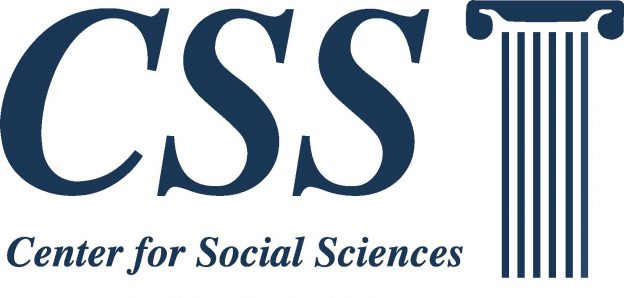(Working Paper)
Alexi Gugushvili, September 2012
Using data from the Generations and Gender Survey for th born from 1926 to 1985 in Georgia, and the linear probability models of transition to higher education and service class job, I find the large ascriptive inequalities of life chances, which especially intensified for those born in 1976-85. Having parents with the lower socio-economic status, living in a family with the higher number of siblings, particularly brothers, residing in deprived regions at age 15, and selecting social origin induced non-prestigious fields of studies, negatively and significantly associate with life prospects. Although a tertiary education serves mainly as the mediator of the ascriptive factors, the latter also exert a direct effect on occupational attainment. One of the reasons why inequalities in life chances have increased in the recent decades is the growing gap between the educational expansion and the occupational upgrade and the resultant inflation of credentials.

